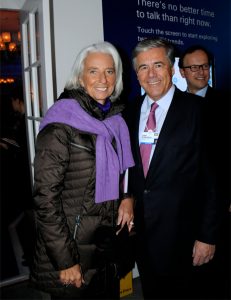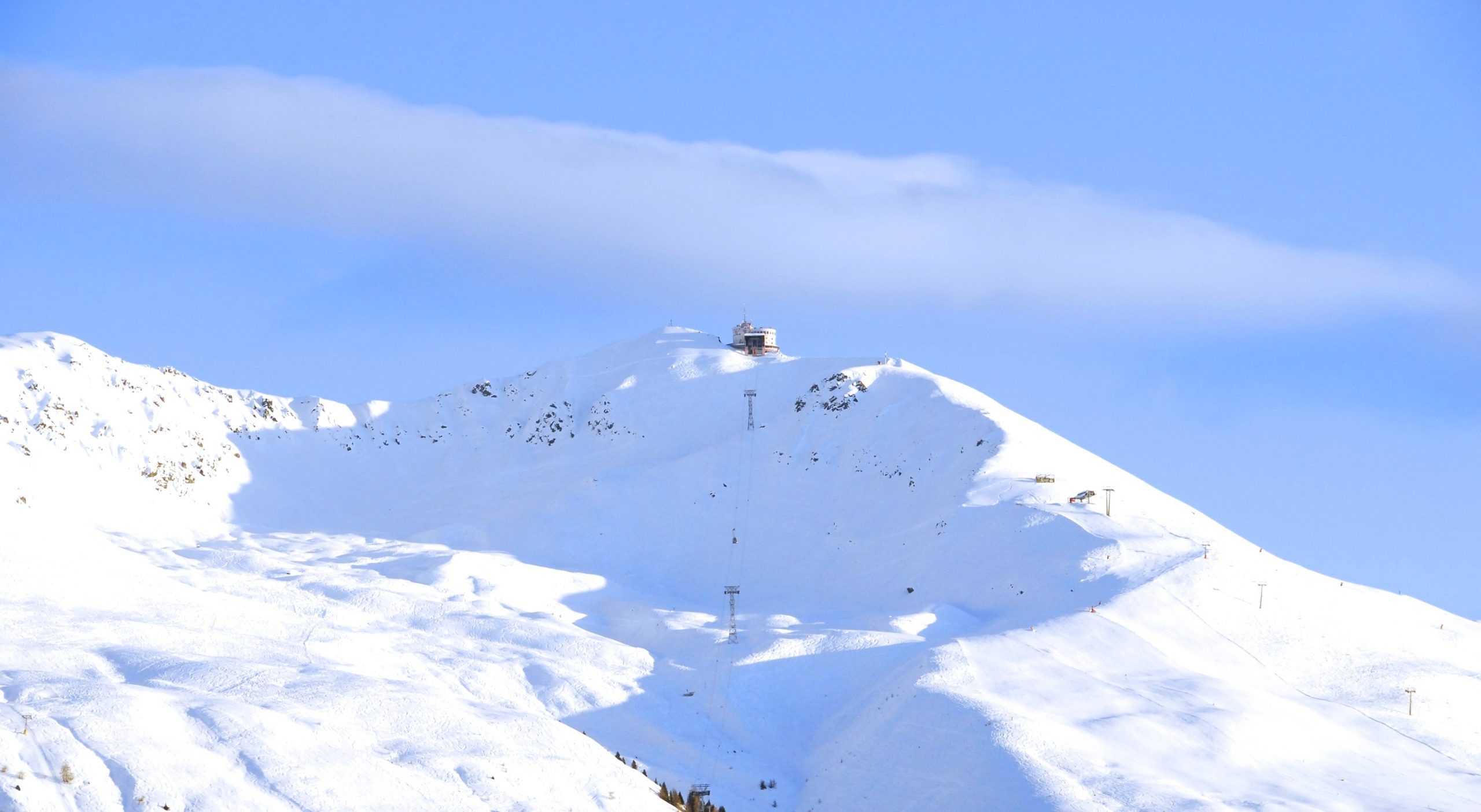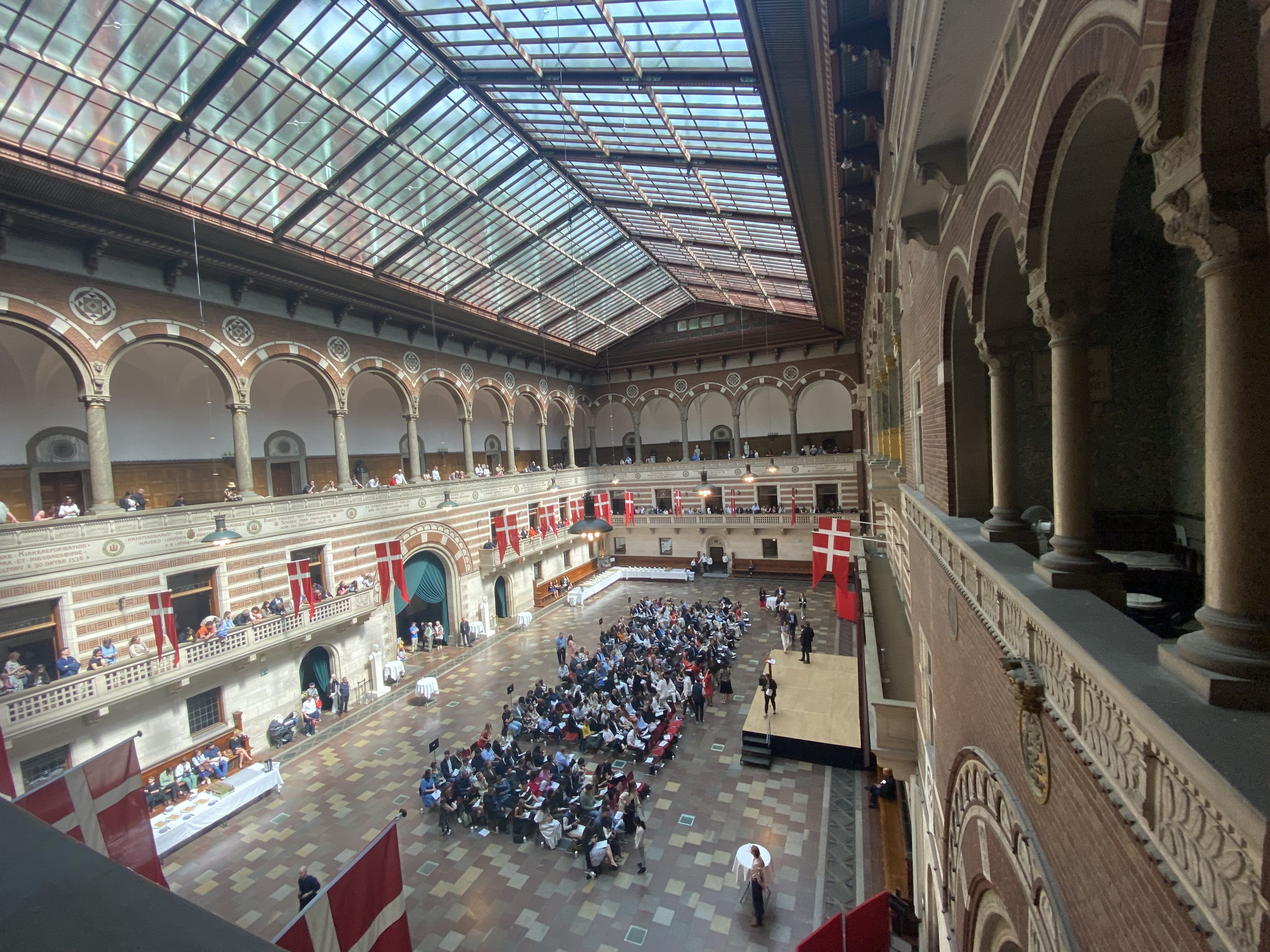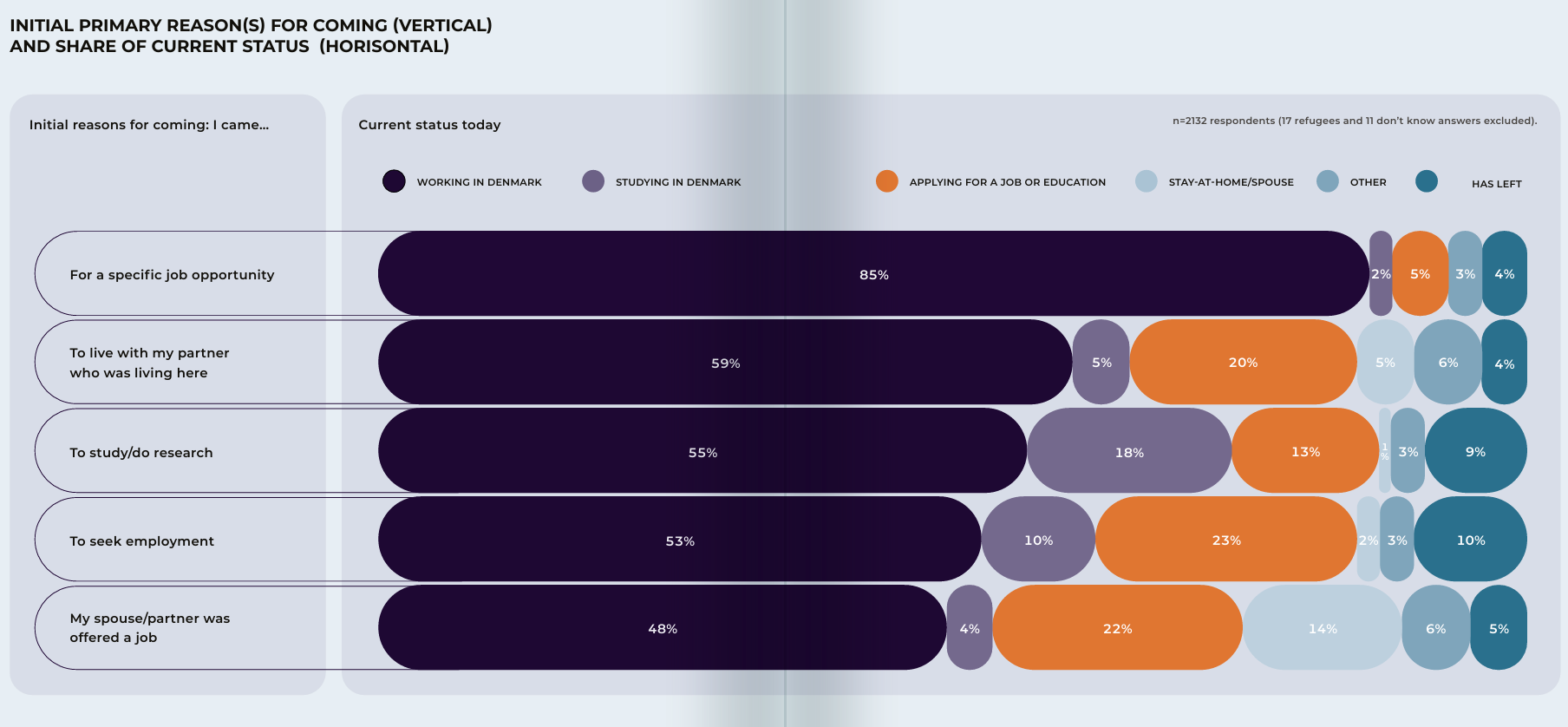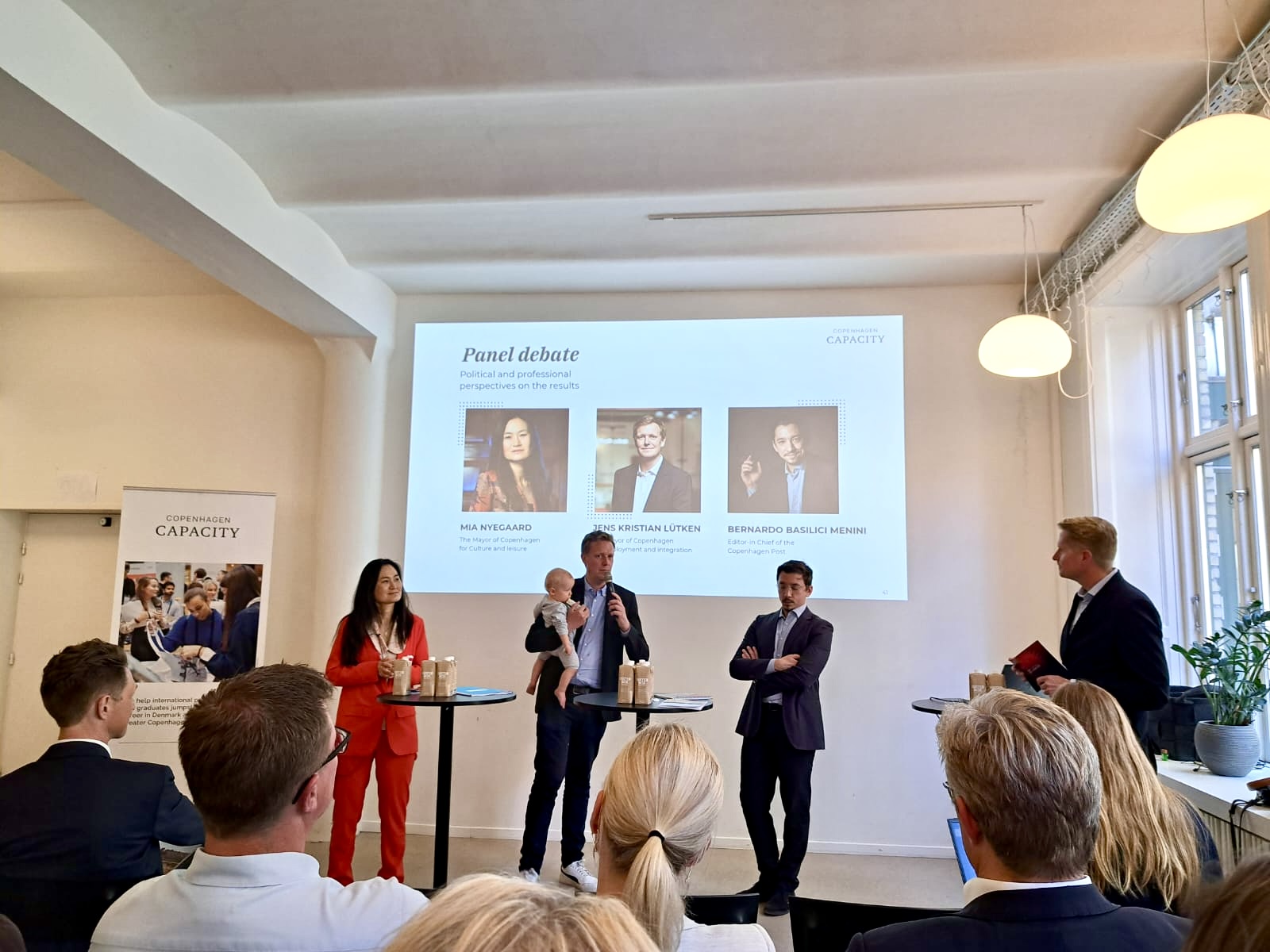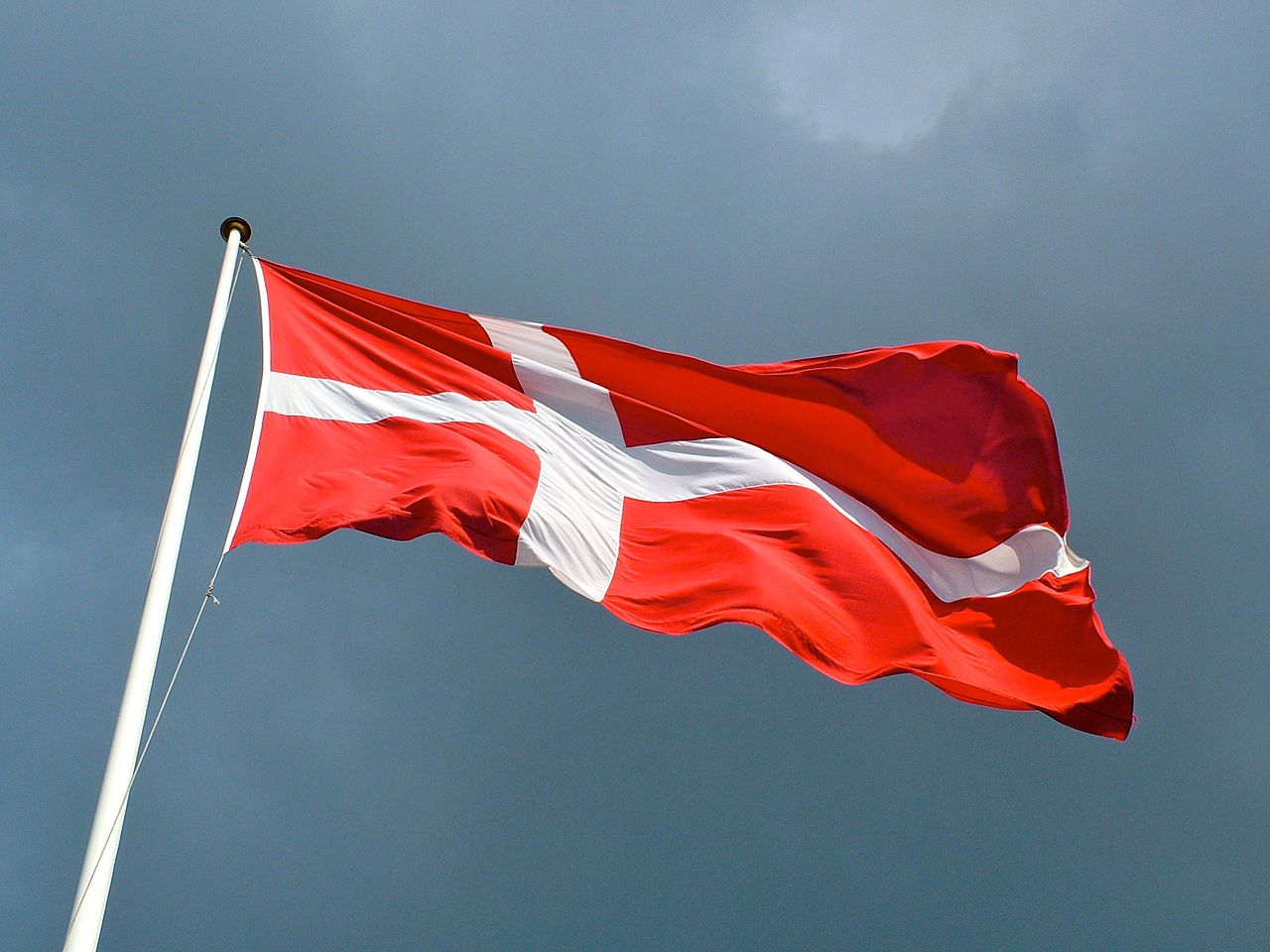Every year in the last full week of January, a small, snowed-in Swiss mountain village becomes the epicentre of global power. In a surreal helicopter invasion, presidents, billionaires, CEOs, royalty and Hollywood stars descend down onto the snow.
While the overarching theme of the 50th Annual Meeting of the World Economic Forum (WEF) in Davos was ‘Stakeholders for a Cohesive and Sustainable World’, climate action was the main topic.
Diplomacy Magazine correspondent Irene Hell witnessed a clash of ideologies between US President Donald Trump, who propagates that climate change is a “hoax invented by the Chinese”, and the 17-year-old climate warrior Greta Thunberg, who is mobilising millions of school kids all over the world to fight for their future.
Unlike any Davos meeting before, participants observed one of the biggest mindset shifts in global capitalism – a shift that could save Denmark and the rest of the planet from looming catastrophes.
Indeed, Klaus Schwab, the founder of WEF, is currently mobilising his business community to take massive action to combat the Covid-19 coronavirus.
“If we do not pass this test, the world will disintegrate and be incapable of delivering on all the other challenges we have as an interconnected society – such as climate change and social inclusion,” he said in early April.
Schwab’s secret world government
Schwab is not only the mastermind of a ‘secretive meeting’ of the world elite at an altitude of 1,560 metres above sea level, as together with his wife Hilde he works relentlessly behind the scenes.
Like many other leaders, Schwab now spends day and night, mainly in his home office, on the phone or in video conferences, tring to prevent an economic meltdown. Like during hundreds of crises before, his phone is constantly ringing because leaders, both business and political, are desperately seeking his advice – and his high powered connections.
Popes, presidents, CEOs and even kings and queens come and go, but you can always count on Klaus Schwab.
Like Swiss clockwork, for the past five decades, the German-born business professor has been inviting his ‘secret world government’ to come to his snowed-in mountain village.
And this January more than 3,000 participants from 117 countries, including 53 heads of state such as US President Donald Trump and German Chancellor Angela Merkel, as well as royalty such as Prince Charles, Queen Rania and Queen Maxima, came to Davos.
Fat cats in the melting snow
However, this year there was something undeniably different about Davos.
While in previous decades, as rock star Bono once described it, the “fat cats” had to battle their way through mountains of snow, this year the spikes had barely any use. Most of the streets were clear from ice. There was sunshine and warm temperatures all week – and only a little snow.
“Our house is on fire!” warned the Swedish teen activist Greta Thunberg as she, courageous as always, led a climate march through Davos.
The Jeanne d’Arc of global warming did what she does best: expressing the anxiety, rage and desperation many young people feel when they witness ignorance, complacency and climate crimes being carried out by governments and companies.
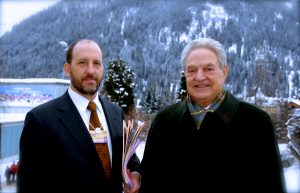
“Climate risk is investment risk!”
While many of the participants tried to ignore the alarming signs, such as the hottest January in recorded history, Laurence Fink, the founder and CEO of BlackRock, is ringing the alarm bell.
Last August he joined the prestigious World Economic Forum Board of Trustees, on which Peter Brabeck-Letmathe, the former CEO of Nestlé, serves as vice-chairman. Other high-profile members of the board include Queen Rania, Christine Lagarde, Al Gore, Orit Gadiesh, Herman Gref, as well as the billionaires Jack Ma, Marc Benioff and André Hofmann.
“Running out of water is one of the biggest threats the planet faces,” Brabeck-Letmathe told Diplomacy Magazine.
“It’s alarming because this irresponsible behaviour towards water leads to a major ecological problem that impacts every aspect of life on Earth, he warned.
“Whereas shareholder capitalism exploits resources to maximise shareholder returns, businesses must include wider considerations, adding our community and another vital stakeholder: planet Earth. We must realize it’s stupid to convert nature into cash and then use the cash to try to repair the damage we’ve done to nature. Together, we must usher in a new era in which our planet is respected.”
Larry Fink, who is regarded as the most influential man in the world of finance, also calls for a transformation.
“Climate risk is investment risk!” he warns investors. In his recent letter to CEOs, Fink said that his firm BlackRock, which has $7.4 trillion in assets under management, would prioritise climate change as a “defining factor in companies long-term prospects”, as a global climate emergency might upend global business sooner than many expect. The CEO of the biggest investment company in the world also pointed out that sustainable investments can be very profitable.
“Capitalism as we have known it is dead!”
Marc Benioff, the CEO of Salesforce, went further. “Capitalism as we have known it is dead. This obsession we have with maximising profits for shareholders alone has led to incredible inequality and a planetary emergency,” he said in Davos.
In co-operation with the WEF, the UN and also Microsoft and Deloitte, Salesforce has launched ‘Uplink’, a new platform that unites change-makers. “I think everybody realises we’re in a planetary emergency and we need to make changes, and business is the greatest platform for change,” contended Benioff.
Prince Charles avoided addressing Brexit and ‘Megxit’ (the move of Prince Harry and his wife Meghan to Canada). Instead the British royal focused in his Davos speech on his Sustainable Market Initiative and new frameworks, which are “putting the people and planet at the heart of global creation”.
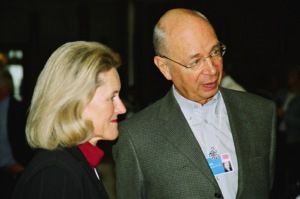
Trump: conman and ultimate narcissist”
Outspoken billionaire George Soros once again put his finger into the open wound.
“The fight to prevent Brexit, harmful to both Britain and to the EU, ended in a crushing defeat,” he told journalists during his legendary Davos dinner.
“President Trump is a conman and the ultimate narcissist who wants the world to revolve around him. When his fantasy of becoming president came true, his narcissism developed a pathological dimension,” he said.
You could hear desperation and brokenness in the voice of the 89-year-old man who has already donated about $32 billion, all his passion and much of his health to his belief in democracies and open societies, when he said: “The strongest powers, the US, China and Russia, remain in the hands of would-be or actual dictators, and the ranks of authoritarian rulers continued to grow.”
Nevertheless, the fighting spirit of Soros, a man who survived the Nazis, remains. In Davos, the Hungarian-born philanthropist announced that he is donating another $1 billion to a new Open Society University Network in New York.
The secret formula of the unparalleled success of the World Economic Forum is how Professor Schwab brings people together.
He mixes superpowers with philanthropists, such as Soros and Bill Gates, and heavyweights in business and politics, whilst inspiring – or like Thunberg – shocking activists, academics and idealists.
“While serving as vice-chairman of the WEF’s board of trustees I’ve got to know Klaus very well and up close. I have always particularly admired his heartfelt and unwavering commitment to the cause of making the world a better place for all of humankind, not just a privileged few, and championing a vision of society in which wealth and power are inextricably linked to responsibility for the common good,” enthused Josef Ackermann, the former CEO of Deutsche Bank, to Diplomacy Magazine.
Since the beginning, Schwab has included religious leaders from all denominations.
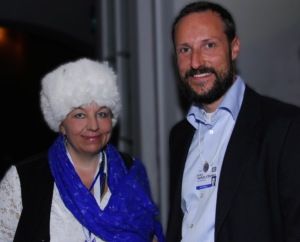
One trillion trees
Amidst the frenetic hunting for powerful new contacts and new deals emerging in the Congress Centre at the WEF, a spiritual leader from India was leading a meditation session.
But Sadguru, who has millions of followers, has his own agenda: the planting of millions of trees. During his meditation sessions, the participants learn how humans receive life-giving oxygen from trees in exchange for CO2, and the result is that they tend to “plant trees like crazy”, the spiritual leader observed.
At a press briefing, Iván Duque, the president of Columbia, and Sadguru announced they will contribute significantly to the ‘One Trillion Trees’ initiative launched in Davos.
“We just planted 4,000 trees in Taunus, a forest close to Frankfurt,“ Ralf Buelter told Diplomacy Magazine. The founder and CEO of Top Alliance, Europe’s leading logistics and transportation company which profits from providing planes and limousines for governments and top executives, feels responsible for future generations.
In order to compensate for the CO2 emissions of around 600 WEF delegates his limousine service transported during the recent Davos meeting, Buelter also donated to My Climate.
The Trillion Tree initiative is, like the Global Battery Alliance and the Tropical Forest Alliance, an initiative of the WEF.
“I feel emboldened that business can be a force for good. If we run our business responsibly I profoundly believe we can have an impact and that we can produce better outcomes,” said Unilever CEO Alan Jope during the Sustainable Development Impact Summit in September in New York.
In partnership with Unilever and many other large companies and governments, the WEF helps to enable sustainable palm oil farming in Indonesia.
While Klaus and Hilde Schwab most likely enjoy the admiration of the rich, royal and powerful, they both make sure that also young or very committed entrepreneurs can join their exclusive club.
Hilde Schwab’s Social Entrepreneurs are helping millions of people and Klaus Schwab’s Global Shapers and Young Global Leader communities form one of the most brilliant, powerful and inspiring groups of young entrepreneurs.
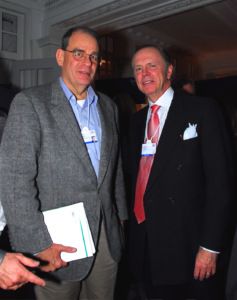
Another water into wine conversation needed
However not everybody is happy with Davos.
The biggest criticism comes from observers who feel that the big CEOs ‘preach water’ in the Congress Center, but then drink wine (or more likely champagne) in the private Davos backrooms, where the billion-dollar deals are sealed.
Do they just talk and not act on climate change and other burning issues?
It is hard to measure the impact of Schwab’s relentless work to save the planet. A firefighter who puts out the fire before the city (or country) is in flames hardly ever gets credit. However, in light of the world’s increasing global tensions, coronavirus pandemic and continuous fight for resources, the WEF is more important than ever.
Schwab’s private world government in the Swiss mountains has helped countless peace initiatives, ignited powerful action on the UN goals and achieved a massive shift in mindset – as well as a trillion dollar shift to green investments. It is a shift that could help to save the climate.
“Klaus Schwab is one of the very few human beings who has been making a positive difference on a world scale. For the past 50 years he successfully asked all mankind to do a better job,” Alfred R Berkeley III, the former president of the NASDAQ Stock Market and current chairman of Princeton Capital Management, told Diplomacy Magazine.
Now, 50 years after the first Davos meeting, Schwab feels it is time for a new world order.
“The World Economic Forum is releasing a new Davos Manifesto, which states that companies should pay their fair share of taxes, show zero tolerance for corruption, uphold human rights throughout their global supply chains, and advocate for a competitive level of playing field,” he said.
